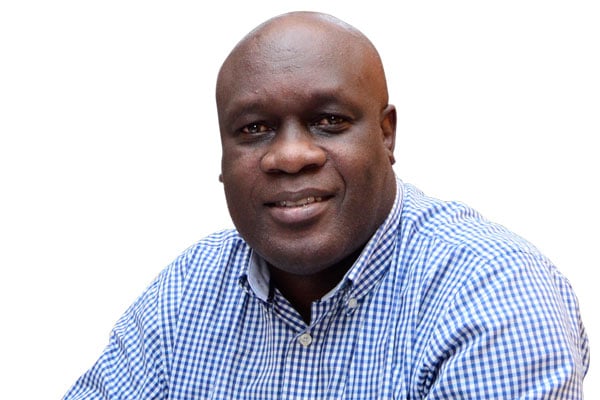Prime
Some questions and few answers on Sunday Monitor dialysis story

Odoobo C. Bichachi
What you need to know:
...journalists should not be hanged for innocent errors but be obliged to correct them.
Last Sunday Monitor (January 30) headline, “3 Dialysis machines serving 46 million Ugandans” almost brought down the roof on the country! Feedback from the public, government and all concernment was unequivocal.
As it turned out, the story got facts wrong and as it should be, a correction and apology was duly published the next day. This is in line with NMG Editorial Policy Guidelines on handling situations where our journalism falls short of our promise.
I return to this subject to answer three broad questions captured in the indignant comments of the public on this story randomly picked from hundreds of reactions on social media. First, from those that sought to know why “the repentance” was not as prominent as “the sin”!
Edward Himbisa: “Apologies my foot! You published allegations on the front page but you put an apology on a quarter leaf! Can you imagine the hypocrisy!”
Public Editor: NMG Editorial Policy Guidelines say this on corrections: “Whenever it is recognised that an inaccurate, misleading or distorted report has been published, it should be corrected promptly.
Corrections should report the correct information and not restate the error except when clarity demands. Ideally, corrections should be made in a regular format and similar position as promptly as possible after the error has been detected.
Corrections do not normally require an apology and apologies should normally be made on the basis of legal advice.”
Page 2 of the newspaper is designated corrections space and in the instant case, as in most cases, the correction was published in the same regular space. However to signal the importance of setting this record straight, the correction was flagged on cover page at the top outer column. Perhaps some readers missed this.
Isabel Mwesigwa: “What I never get about media and the press; why do they report what they are not sure about? Does journalism really mean gossip or are journalists slow learners just?”
Public Editor: Journalists are supposed (and are trained) to report with accuracy, to verify facts and only publish what they have double-checked and confirmed.
There is no room for gossip in news, at least not in mainstream media. Gossip is in the realm of tabloids and the gutter press.
Sometimes, however, the quality control system in the mainstream media fail, as it did in this case. In such circumstances, journalists are obliged to make prompt correction of the error(s).
Richard Ssekidde: “How have we got to this level… too much! @DailyMonitor you can do better. Lies cannot prove a point and next time you might be raising a valid issue and no one will believe you…”
Public Editor: Indeed accuracy is the root of trust in media. Research has severally shown that at least 85 percent of media consumers say accuracy was their most important consideration in trusting news or a media organisation. It is therefore important that reporters and editors always get the facts right so as to earn and maintain trust in what they produce.
Then I also picked some comments of veteran journalists on the story and the correction:
Richard M. Kavuma: There is no shame in making a genuine mistake as long as we learn from it and it makes us stronger.
Peter G Mwesige: This is how it should be. The media admits their errors, apologises and strives to do better in the service of the public. No need for arrests and criminal charges. Mistakes happen. Many are innocent, not out of malice. #JournalismIsNotACrime
Andrew M. Mwenda: Thank you for this vital admission of your mistake. This is the journalism we fought so hard to create @DailyMonitor and @UGIndependent and in Uganda, based on truths and accuracy. We always make mistakes; the courageous thing is to admit and correct them.
Public Editor: These three represent important lessons political authorities: that journalists should not be hanged for innocent errors but be obliged to correct them; and to journalists: that admitting mistakes and promptly correcting them is a key expectation of media accountability.
Unfortunately, editors (in Uganda and elsewhere) are often reticent in accepting or correcting mistakes. Indeed American journalist Jack Shafer, writing in August 2007 Press Box column titled “Reign of Error”, quotes Prof Scott R. Maier’s study of 10 metropolitan newspapers in USA where he found that “…fewer than 2 percent of factually flawed articles are corrected at dailies…”
Send your feedback/complaints to [email protected] or call/text on +256 776 500725.



